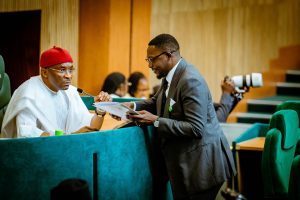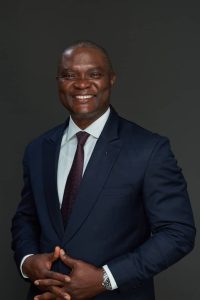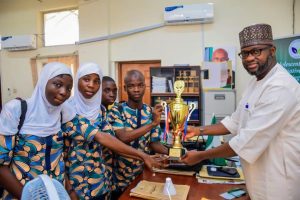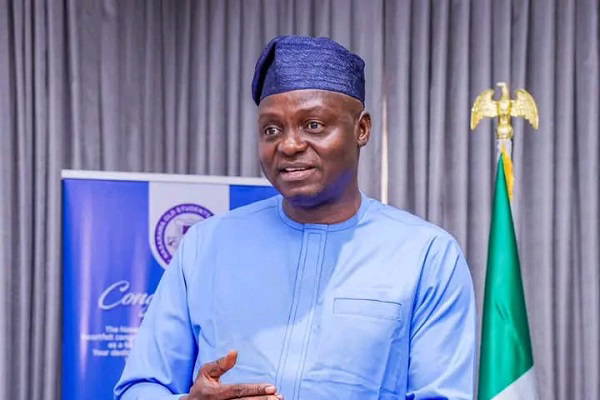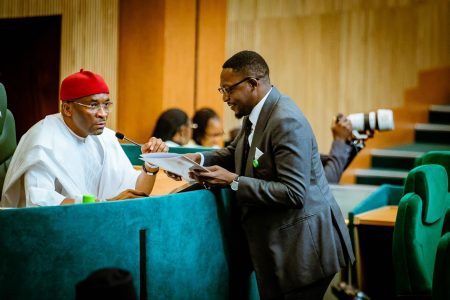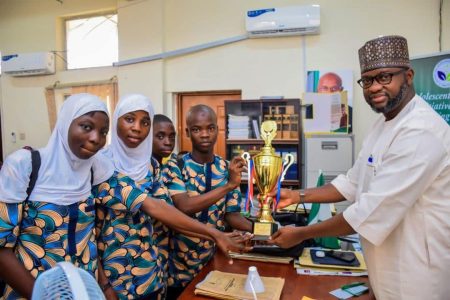Minister of Humanitarian Affairs and Poverty Reduction, Nentawe Yilwatda, has revealed that the federal government is now leveraging artificial intelligence (AI) to identify poor Nigerians living in urban slums as part of its efforts to expand social support coverage.
Speaking during an interview on Arise TV’s Prime Time on Friday, Yilwatda explained that AI technology has played a crucial role in increasing the national social register from 13 million to 19.7 million individuals. He noted that while the register previously focused on rural populations, it now includes Nigeria’s growing urban poor.
“To assist people, you need to identify them first. That’s why we began by validating and expanding the social register,” he said.
Following President Bola Tinubu’s directive, the government adopted a more inclusive approach by integrating data on urban slum residents. Satellite imagery was used to map slum areas, while telecom base station data helped identify active phone numbers located within those mapped zones. AI tools then filtered and verified individuals based on criteria such as financial access, spending behavior, and other social indicators.
Yilwatda further disclosed that the federal government aims to reach 15 million households — an estimated 75 million people through various poverty alleviation programs. “Nigeria has about 43 million households. By targeting 15 million, and using an average household size of five, we estimate reaching around 75 million individuals,” he explained.


